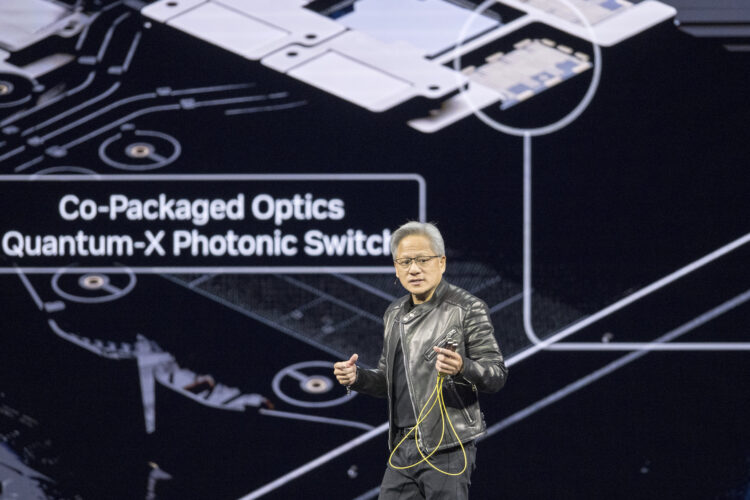
Nvidia CEO unveils new Blackwell, Rubin AI chips
- 19.03.2025 00:00
- altoonamirror.com
- Keywords: AI
Nvidia CEO Jensen Huang announced new AI chips, Blackwell Ultra and Vera Rubin, at GTC 2025. These advancements aim to accelerate progress in generative AI and robotics, with a focus on synthetic data training for model development.